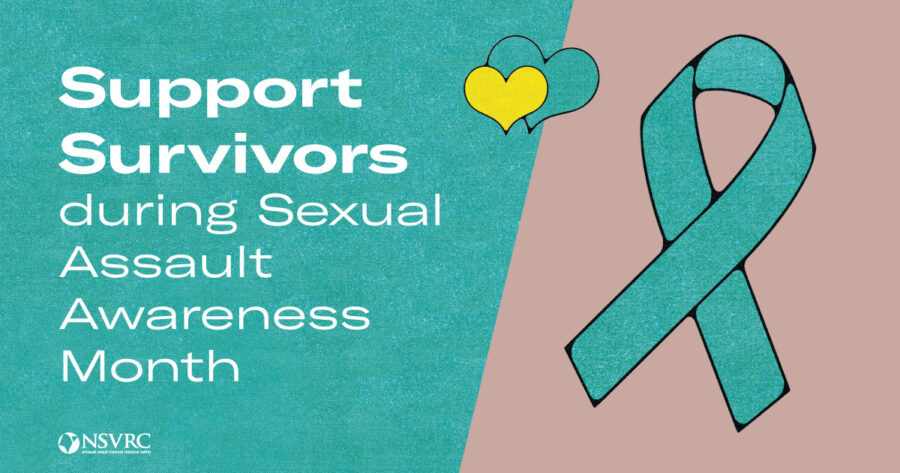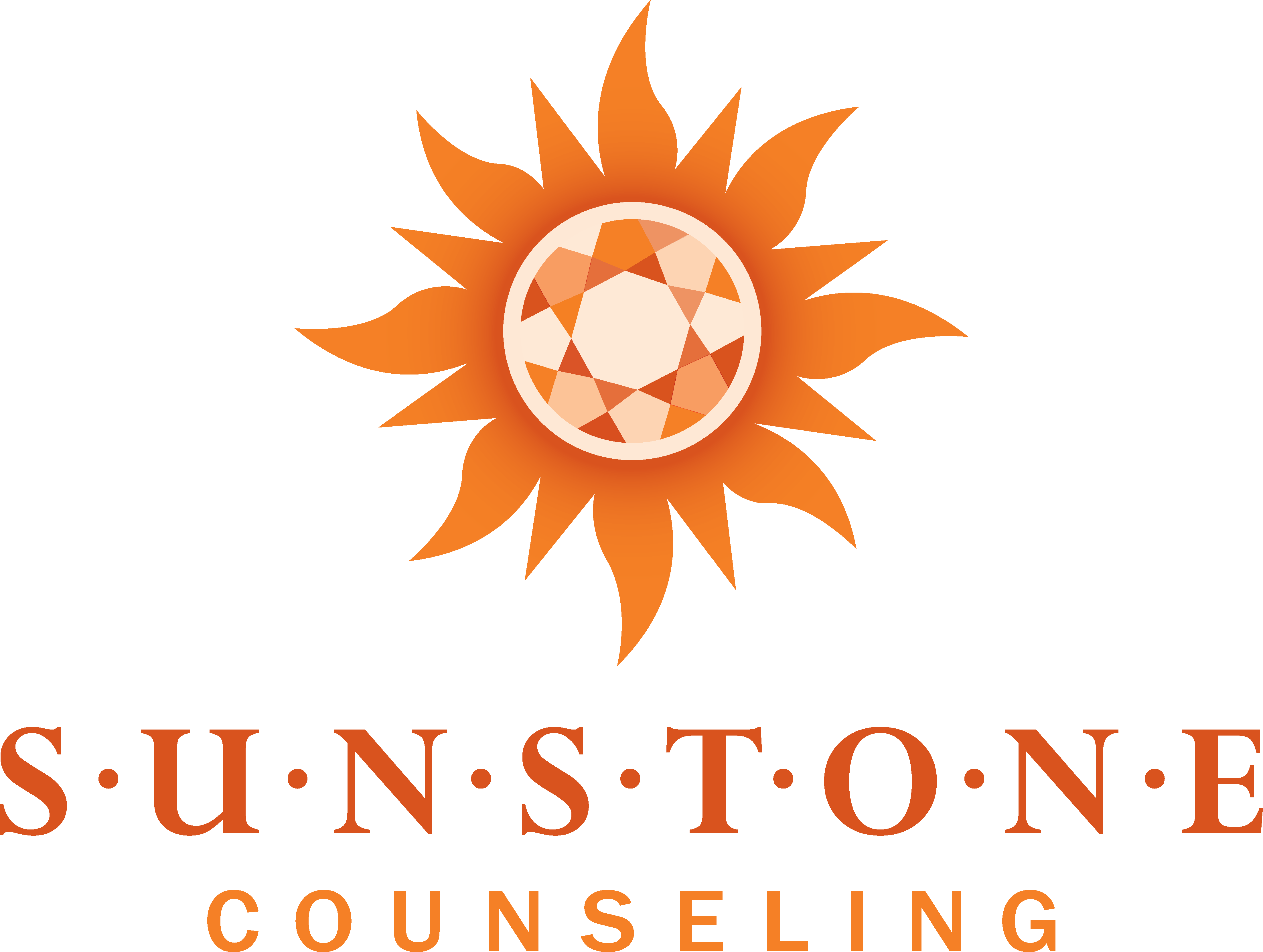
April is Sexual Assault Awareness Month. Sexual assault is defined as “any type of sexual activity or contact, including rape, that happens without your consent. Sexual assault can include non-contact activities, such as someone “flashing” you (exposing themselves to you) or forcing you to look at sexual images.
One out of every six women in America is the victim of rape or attempted rape. That statistic is astounding, and it doesn’t include other contact and non-contact sexual activities that are also considered assault, or men who have been sexually assaulted.
Here are four things to NEVER say to someone who has shared a history of sexual assault:
“That was so long ago – you need to get over it.”
A sexual assault is not something one can simply “shrug off” or forget. Sexual assault is registered as trauma in the brain, affecting the thinking and emotion regulation areas of the brain on both short-term and long-term bases. The difficulty in managing emotions can lead to post-traumatic stress disorder, depression, flashbacks, dissociation, self-harm, substance abuse, eating disorders, and suicidal thoughts and ideation. These are all serious mental health issues that take time to heal with professional help.
“It could have been worse.”
There are no “worse” or “better” instances of sexual assault. Trying to evaluate the level of violence is not related to how the victims will respond. Comparing the level of violence or contact does not minimize the effects on the victim. Someone took power and control away from someone else’s body. That is traumatizing. Minimizing the event can deter someone from seeking the support and services they need – compounding the effects of the trauma.
“Were you drinking?”
A common misconception of sexual assault is that if the victim was drinking alcohol or taking drugs, they “allowed” themselves to not be in control or even “invited” the assault to happen. If someone is incapacitated due to drugs or alcohol, they are not able to give consent. Someone must know and understand what is going on in the moment to give consent. Making the choice to drink does not equate to choosing sexual activity or assault.
“You have to report it.”/”You shouldn’t report it.”
More than 2 out of 3 sexual assaults are not reported to police. Of those reports, only 2% of perpetrators will lead to a felony conviction. Some of the reasons victims do not report assaults to police include fear of retaliation, thinking police would not or could not help, believing it was not important enough to report, and believing it to be too personal to report. Many victims who do report sexual assault and go through a trial experience re-traumatization, as well as further invalidation of the assault.
For those who do report, reasons for doing so include protection from further abuse, protection from abuse of others in a household, and preventing the offender from re-offending. A person’s reasons for reporting or not reporting are personal and should be respected. They experienced an event in which their control was taken away. They have the right to control how they handle the situation from that point.
What To Say
If you can’t relate to someone’s sexual assault experience, it can be hard to know how to respond in a kind and supportive way. Statements such as “I believe you”, “It’s not your fault”, “I’m here for you”, and “What can I do to support you through this?” are simple responses that show support for a person who has experienced sexual assault.
You may not be the only one who can help this person, and it is important to share resources for help. Individual therapy, as well the National Sexual Assault Hotline (800.656.HOPE (4673)), are two resources that can help survivors of sexual assault process their trauma.
If you or someone you know has experienced sexual trauma, our counselors are here to help. Request an appointment today.





